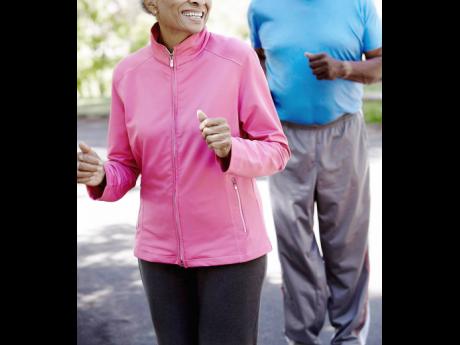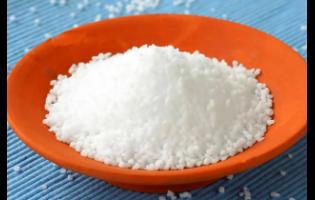Check Up: Concerned about old age
Joan is now over 65 years old. She says: “So I’m retired now, and I’m healthy. I’ve only got slight high blood pressure! I try to eat well and exercise three times a week. I live alone. So what should I be expecting to happen to me?” She’s not looking forward to being off the job.
Joan seems to have few health issues, but she is probably healthier than many younger people. There’s no reason to think that this good health will change, as long as she monitors her high blood pressure and keeps this well controlled and sees her doctor regularly for check-ups.
Usually, with hypertension, healthy lifestyle modification is tried first with a proper diet and exercise, which Joan seems to have under wraps. She seems to need to figure out how to keep busy and constructive, perhaps on a contract at her workplace or elsewhere, as she still seems capable of holding her own in the workforce. She could also start participating in new constructive activities in her community.
Many individuals are not as healthy at age 65. In fact, three-quarters of individuals who are 65 years old and over are experiencing multiple chronic health conditions.
Statistics show that older people who rate their health as good are twice as satisfied with life as older people who rate their health as poor.
To make ageing well a reality:
- Exercise
Engage in moderate exercise daily, if possible. This helps the older person stay active, independent and engaged with life, and tends to foster a positive mood. Many older people have given up on exercise. Just one in four people over age 65 still exercise. Exercise is always good. It boosts memory and helps prevent dementia. Exercise builds strength and agility, and will reduce the older people’s chances of falling and breaking a bone. And if you have arthritis pain, exercise eventually decreases the pain. All physical activity counts, whether this is walking in the market, playing with grandchildren or raking up outside. And, yes, don’t forget sex.
- Preventive health
Get immunizations for the flu yearly and for pneumonia. See your doctor for a yearly full physical.
- Seek help if lonely or depressed
Untreated mental health problems are associated with poor physical health outcomes. It’s not a good idea for Joan to live alone, and this needs to be sorted out sooner rather than later
- Be aware and involved
Read the newspapers, get out to see the movies, watch the news (as difficult at this is to do at times).
- Be interesting
Get passionately involved in an area of life which matters to you
Poverty is another poorly discussed disease of old age. People just don’t prepare adequately for when they can no longer work. Instead, they are sometimes depending on children or other younger family members, who are themselves struggling to keep financially afloat in these difficult times.
Older women are more likely to experience this problem than older men, and of course, this affects their ability to visit the doctor, purchase medications and eat healthy foods. It also affects their mental health.
In fact, this requires preparation for years in advance. You have to save in advance and invest wisely to accommodate the changes in the cost of living. Everyone holding a job, get advice and start some committed saving now! Later just never works.
Write CHECK UP: PO Box 1731, Kgn 8. Email: arnaj56@gmail.com
– AJM






































